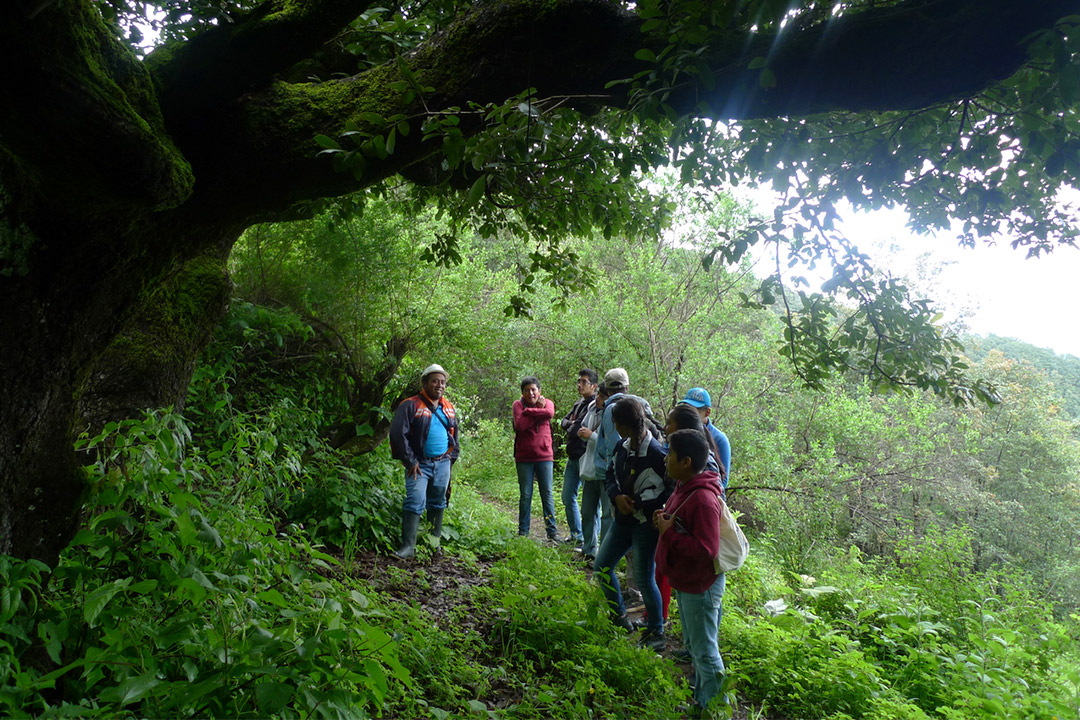Studies indicate that the customary territories of Indigenous and traditional peoples account for more than one-fifth of the global landmass, and around four-fifths of the planet’s terrestrial (land-based) biodiversity, Robson said in a panel presentation Feb. 7 to the People Around the World (PAW 2018) conference organized by the U of S International Research and Partnerships Office.
However, disruptions associated with environmental change and globalization are posing a challenge for these communities, said Robson, an assistant professor in the School of Environment and Sustainability and UNESCO Chair in Biocultural Diversity, Sustainability, Reconciliation, and Renewal.
“Many of those territories are used in common, with local people managing these shared resources through social organization and collective action,” he said. “It’s never easy to do, and can be even harder given all the changes and impacts these communities are experiencing.”
Robson, whose research currently involves Indigenous and traditional communities in Canada, Mexico, Bolivia and Argentina, said globalized change is disrupting these groups and the structures they have in place to manage resources collectively.
“One of the long-term challenges they have is to make sure that life in these communities and systems of territorial governance remain relevant to young people,” Robson said.
“Young people are facing the choice whether to remain in their communities or make a life for themselves elsewhere.”
Among Robson’s current research is a focus on engaging youth to better understand their perspectives on community life, city life, and their plans for the future, and what they believe their communities can do to create meaningful opportunities locally that meet their personal aspirations.
Robson received a Connection Grant from the Social Sciences and Humanities Research Council of Canada in November for Knowledge Mobilization on the Future of Forest Work and Communities.
Together with funding from the Ford Foundation, the SSHRC grant has supported 12 “visioning workshops” with youth in forest communities in Manitoba, Mexico, Guatemala, Ecuador, Peru, Bolivia, Nepal, Uganda, Mozambique and the Philippines.
The PAWS 2018 conference, focused on international research and development, featured keynote speaker Saskatchewan-born physician Dr. Alaa Murabit, one of the United Nations’ 17 Global Sustainable Development Goal Advocates. It highlighted the impact of the university’s international research through a series of 12 short talks by U of S researchers, including Robson.
Sarath Peiris is the assistant director, Research Profile and Impact at the U of S.
